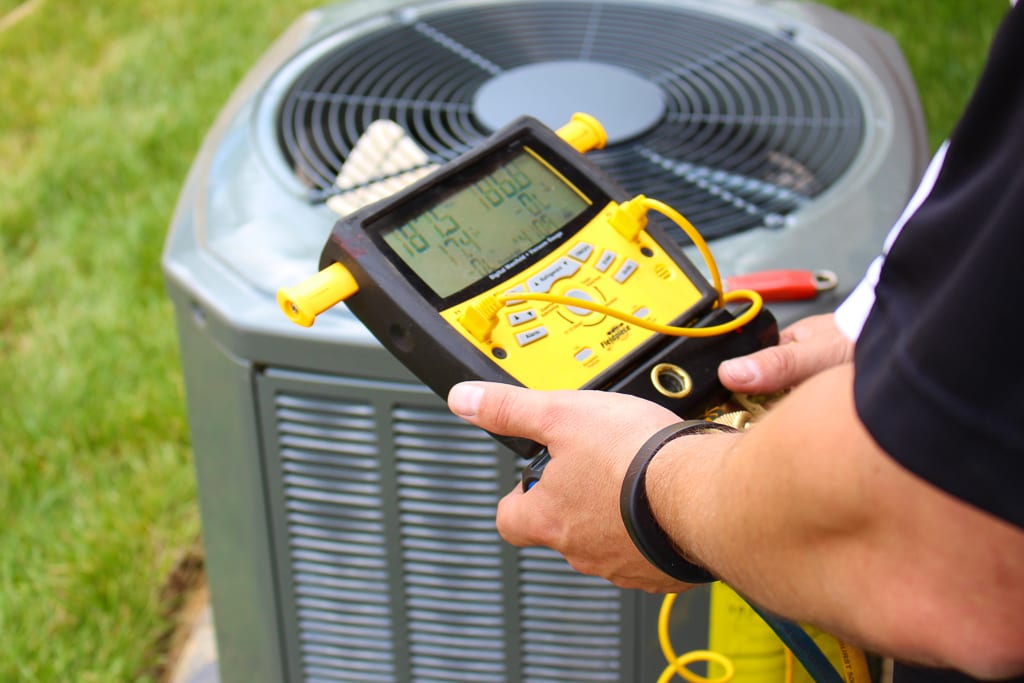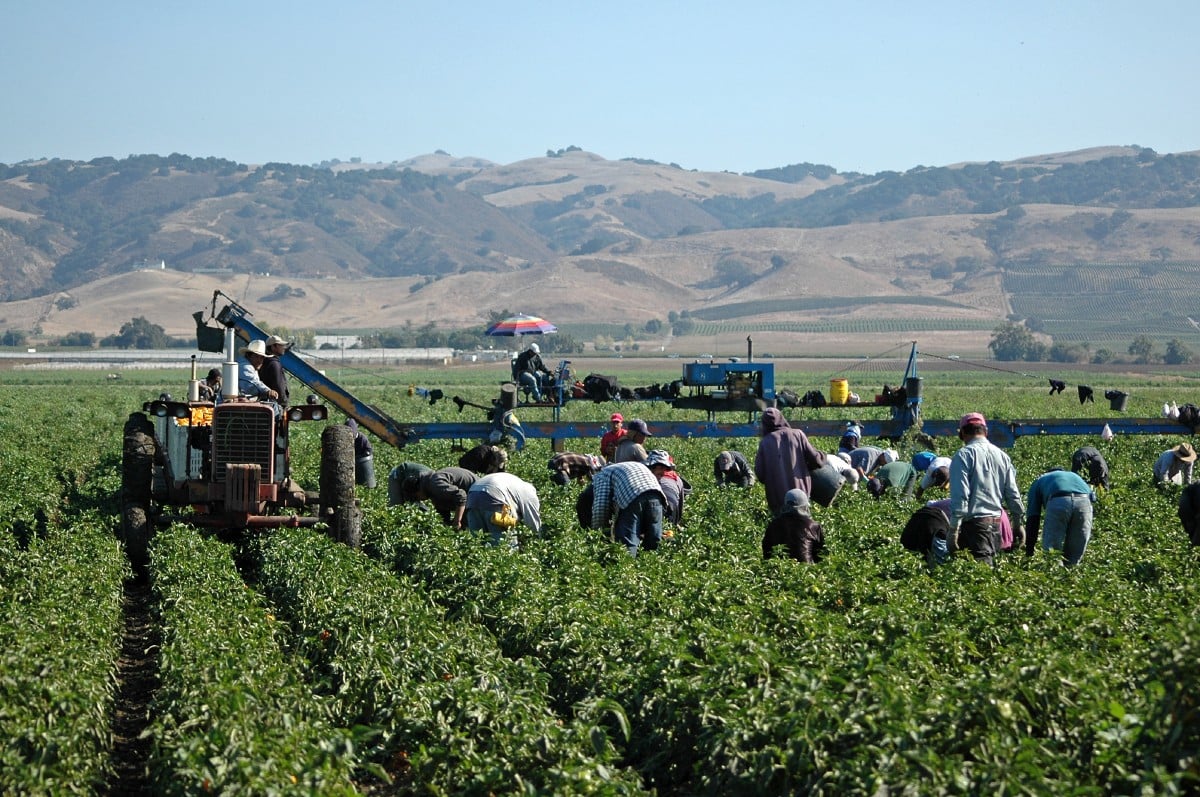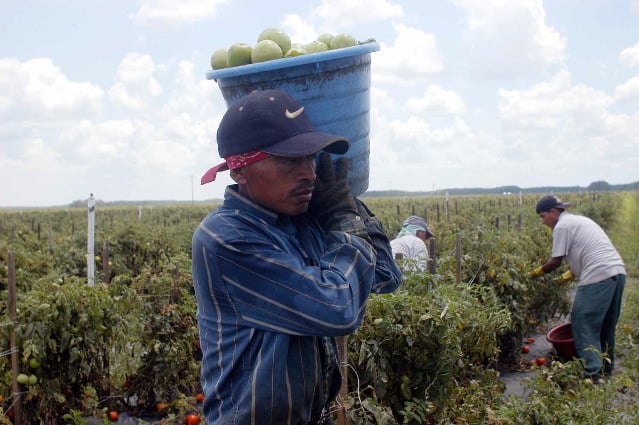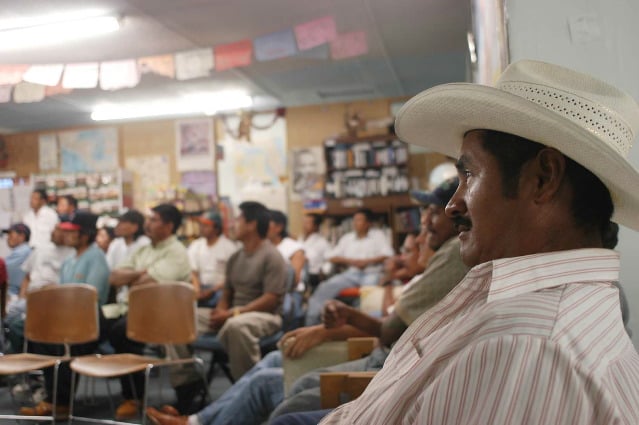3 min read
As California Heats Up, So Does the Demand for HVAC Technicians
 Amy Lawrence
:
Mar 16, 2020 9:00:00 PM
Amy Lawrence
:
Mar 16, 2020 9:00:00 PM

There’s no mistaking it: California and the U.S. as a whole is getting hotter. That heat will cause more people than ever to turn to their air conditioners for safety and comfort.
California has broken heat records left and right in the past 6 years, including record highs set in July 2018 in San Diego, Palm Springs, Death Valley, Los Angeles, Long Beach, Burbank, Van Nuys, Chino, San Luis Obispo, Chino, Oxnard, Lancaster, and others. In the state’s 124 years of record keeping, the last five years have consistently ranked among the hottest.
In response, the HVAC market is also heating up. Globally, the HVAC industry as a whole is expected to grow 11.7% every year, reaching a projected $292.7 billion by 2025.
The U.S. Bureau of Labor Statistics predicts that demand for HVAC technicians will rise 13% by 2028, adding 46,300 new jobs.
While the mercury rises, so do opportunities for individuals to have a well-paying career after attending HVAC training school. High demand for certified HVAC technicians means that anyone interested in finding a fast track to a more comfortable life simply needs to look to an industry that already provides comfort throughout North America.
Unsafe Heat Will Cause More People Than Ever to Rely Upon HVAC Technicians
You don’t have to look at the thermostat to know that it’s hot on the west coast. You simply have to smell the air. The roasty smell of a campfire doesn’t mean marshmallows are being prepped for s’mores; it tells you instead that California is burning.
Massive wildfires like November’s Kincade fire have scorched more than 250,000 acres in California in 2019. Dry conditions, stiff winds, and above all else unbearable heat have all turned the Golden State into a golden brown tinderbox.
The constant march of fires, heat waves and droughts is a definite cause for concern. However, there is one bright spot: it means that demand for certified HVAC technicians is going to continue growing for the foreseeable future.
When temperatures reach the triple digits, air condition becomes more about safety than luxury. Vulnerable populations, such as older adults, malnourished children, and those with chronic conditions, all have their health put at risk by extreme temperatures.
High temperatures can also make buildings unsafe because it can lead to mold, dry rot, and the breakdown of certain construction materials.
In the face of the growing heat, HVAC technicians can act as the last line of defense in our homes and businesses. High demand for HVAC services has led market research experts to predict that the industry will continue to rise in the U.S.
“In North America, due to the established construction industry, technological advancement, and the presence of many key market players, the market is growing,” writes global firm Market Research Future.
The U.S. Energy and Information Administration estimates that 87% of U.S. homes already have some form of air conditioning. In regions like the hot, humid Southeast, use soars to 94%.
More Complex HVAC Units Running More Often Means HVAC Training Schools Must Teach More Skills
Air conditioning units aren’t just going to be on more often in the future; they’re also going to become more complex and demand repairs more often.
A study by City Lab found that 62% of U.S. homes have central air conditioning units. Unlike most window units, these large central units require certified technicians to install and maintain them.
More interestingly, the use of window units has fallen steadily since 1950 while installation of central air units has grown.
“It’s pretty hard to buy a new home in the U.S. in the last 20 years that doesn’t have air conditioning, no matter where you live,” Andrew deLaski, executive director of the Appliance Standards Awareness Project, commented to City Lab. “It used to be that not too long ago, if you built a new home in Massachusetts, it wouldn’t have central air conditioning. That’s unheard of today.”
Air conditioning units have also been working overtime. An NPR report noted that because temperatures at night haven’t been getting cool as they used to, especially in cities. As a result, air conditioners see more wear and tear, and they’re breaking more often.
The increasing need for repairs has people like Jay “Rusty” Jensen working hard to not just repair the units but to also train new technicians in HVAC training schools. Simply put, people like him need enough new hires to keep up with all the demand.
Making Green While Making HVAC Units More Green
The vicious cycle of higher temperatures causing more HVAC energy use causing more CO2 emissions has not gone unnoticed. Yet, many people need air conditioning just to remain safe and healthy, let alone comfortable.
Recognizing this tragic irony, some California companies are leading the charge to make HVAC systems emit less CO2 and depend less upon harmful chemicals.
The Electric Power Research Institute (EPRI) firm will be using $4.7 million in funding to develop HVAC systems that have a lower environmental impact and that are also affordable to low-income Californians. EPRI will also be collaborating with energy and finance companies like WattzOn, Treau, and Otherlab to realize their goals.
“Our aim is to make homes and families more comfortable while decreasing harmful emissions from traditional heating and cooling equipment,” Vince Romanin, CEO of Treau, Inc., wrote in a press release. “This grant will help us provide fellow Californians with new options to make their homes more comfortable, while saving money and helping our environment.”
These systems will demand their own set of skills, encouraging a new generation of HVAC technicians to attend training schools and make themselves more competitive in the job market.
So while the heat outside may be unbearable at times, people can take comfort in the fact that there’s an industry that wants to make life more bearable for all people — including those who want to find a rewarding career.

Welding Together a Better Future: A National Farmworker Jobs Program Success Story
The National Farmworker Jobs Program (NFJP) is a valuable program from the U.S. Department of Labor that’s empowering farmworkers across the country...

